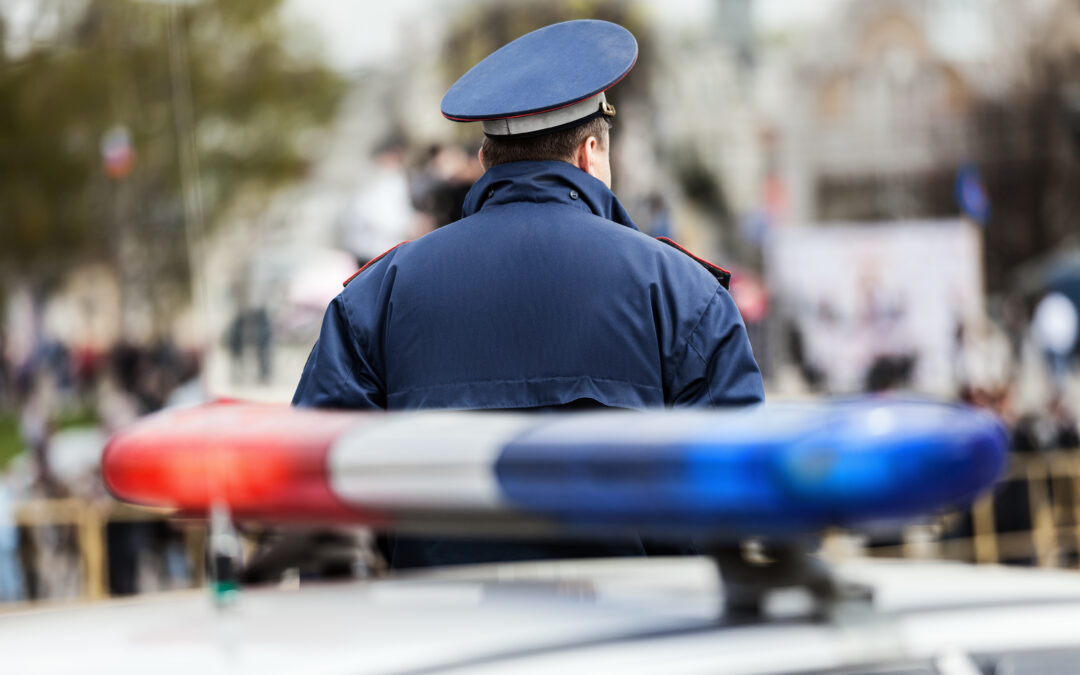I don’t know where Thich Nhat Hanh said this (he said a lot) but it struck me hard:
The greatest gift we can give our loved ones is non-fear.
The quote was read before I heading into meditation. I was able to think about it and also not think about it. After, I was able to consider the idea of non-fear in my own relationships — how I have been affected by the fear of others, and how my fears have affected others. The truth of it sunk into my bones.
I’ll say it again: The greatest gift we can give our loved ones is non-fear.
Fear is a word I would shy away from. “I’m not scared!” Anger, that I could understand. I could live with being an angry man, but not a fearful one. Fear, I thought, was not my problem. I was wrong.
Fear is the parent of other negative emotions that increase suffering. Fear of what’s unknown, of what threatens our self-conception, of injury and death and disease, of change, of loss of material resources or status, and so forth — this is virulent and highly infectious disease. I had it.
I want to be clear: We all feel fear to some degree. We feel it in instants (“Is that a snake?”) and chronically (“I feel blah today”). The question is, what do we do with it? Put another way: What do we do with our own suffering?
Do we allow fear of diagnoses to prevent us from seeking treatment? Do we allow fear allow us to suffocate our relationships? Does the habit of fear cause us to see danger everywhere, making the world a scary and imposing place to be? Does it prevent us from growing? And does it cause our loved ones’ fears to increase in the process? Does it make us angry? Cruel?
Or can we be compassionate?
Compassion is a powerful word. It’s also not simple. First responders know this better than anybody. Sometimes, for example, compassion requires saying no to people who want us to say yes (e.g., a person in active addiction, reporting unwanted news to leadership). Sometimes compassion requires physical violence (e.g., restraining a patient, eliminating a lethal threat). Often, in fact, we don’t agree on what the compassionate course of action would be. But compassion is not — cannot be — rooted in fear.
You’re a first responder. You get called into situations many of us can’t imagine. These situations are often scary. Fear is only natural. We can transfer it into attention, diligence, energy. With wisdom and skill we are able to work through fear — work along side fear — to see it for what it is.
To be compassionate requires wisdom. It requires, for me, practice.
May we give the gift of non-fear.

